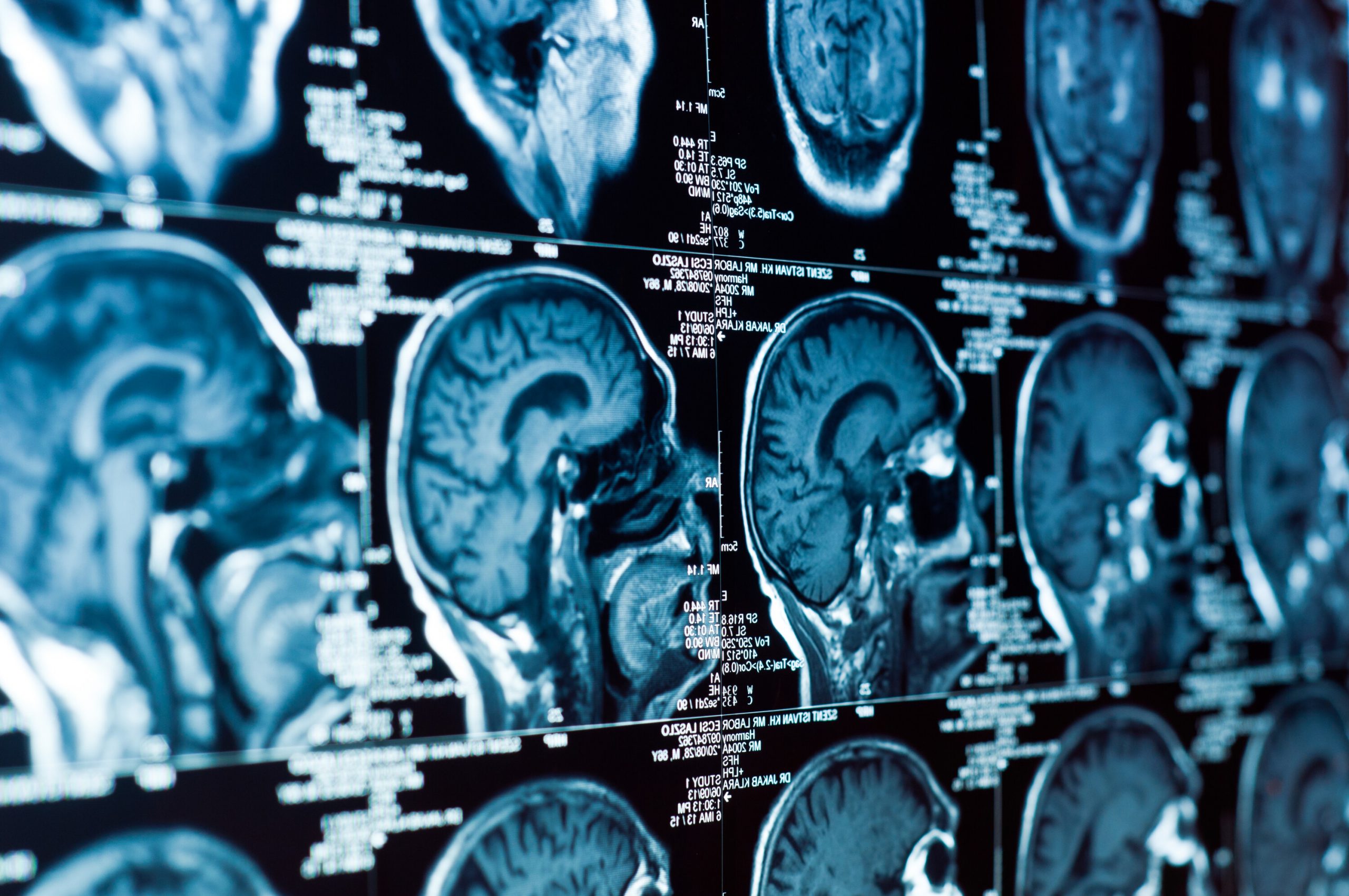Is this a stroke? Know the warning signs
Most people understand the concept of a heart attack but are less familiar with brain attacks, which are commonly called strokes. Basically, a stroke occurs when blood circulation to the brain is interrupted or reduced. When the blood flow is decreased, so is the oxygen supply. Without oxygen, the brain cells that regulate the body’s functions can begin to die.
The good news is that progress is being made. More than a decade ago, strokes were the third leading cause of death in the United States but have now dropped to the fifth leading cause of death thanks to better treatment options and increased awareness. Lowering the chances of suffering death or disability from a stroke can be achieved by learning to control the risk factors and being aware of the stroke warning signs. The more quickly a stroke is identified and addressed, the less damage occurs. Every minute counts so quick action is imperative.
Warning signs of a stroke – The American Stroke Association uses the acronym FAST to help people remember the key symptoms of a stroke:
- “F” refers to the facial irregularities that may be present. It is common for one side of the face to droop during a stroke. The best way to detect this is to ask the person to smile. If the smile is uneven, a stroke could be occurring.
- “A” refers to arm weakness. If a person finds it difficult to raise both arms, it may be due to a stroke.
- “S” stands for speech difficulty. A person suffering a stroke may slur their words or find it hard to speak at all.
- “T” refers to time to call 911. If these symptoms are present, it is imperative to seek medical help as quickly as possible.
There can also be other symptoms during a stroke including weakness along one side of the body. If the person suddenly becomes confused and has trouble speaking or understanding others, this is another sign of a stroke. Vision problems, a sudden headache, nausea and dizziness may also be signs of a stroke.
These symptoms are clues that the brain is not receiving enough oxygen. In some cases, the symptoms only last a few minutes and then disappear. These are known as transient ischemic attacks or TIAs. Although the person feels better after a few minutes, these mini-strokes need to be addressed since they are signs of a serious condition. Seeing the doctor after experiencing TIAs could save your life.
Reducing the risk
Some stroke risk factors like age, gender, race and family history can’t be controlled. But there are some risk factors that can be addressed. Taking steps to control the following health issues can significantly reduce your risk of suffering a stroke:
- Control high blood pressure
- Stop smoking
- Treat heart disease
- Control diabetes
- Keep cholesterol levels in check
- Maintain an active lifestyle
- Keep weight at healthy levels.
Getting back to life after a stroke – In addition to developing ways to reduce the damage caused by a stroke, progress has been made helping people relearn the skills lost after a stroke. In 2016, the American Stroke Association Guidelines of Adult Stroke Rehabilitation and Recovery endorsed the use of an organized, early, interdisciplinary approach to initial stroke rehabilitation. It also recommends using inpatient rehabilitation facilities to provide this level of targeted, intense care.
Whitehall of Deerfield offers one of the area’s premier stroke and neurological rehabilitation programs with a team of experts ready to help guests increase independence, achieve the highest level of functioning and prevent re-hospitalization. Each guest is provided with a comprehensive neurological assessment using on-site diagnostic tools including video swallow studies and ultrasound. Then, an individualized treatment plan is designed for the guest using leading-edge, one-on-one physical, occupational and speech therapies up to seven days a week in a state-of-the-art therapy gym featuring the latest neurological therapy equipment. Whitehall of Deerfield also has a unique transitional suite where guests can try living independently before returning home. Virtual home assessments and home visits are also offered to make the return home as safe as possible.
All of this specialized care is offered in a safe and luxurious environment where guests are pampered. Well-appointed rooms and suites feature world-class amenities including concierge service, high-speed wireless internet, daily delivery of Starbucks coffee and newspaper, in-room massage and dozens of cable channels with a 24-hour channel of newly released movies. Guests select meals from menus and enjoy in-room dining. There are also complimentary fresh-baked treats and ice cream available at an onsite ice cream parlor and coffee shop.
For the most effective stroke recovery for your loved one, turn to Whitehall of Deerfield. To learn more about Whitehall of Deerfield, or schedule a tour, visit whitehallofdeerfield.com or call 847-945-4600.

